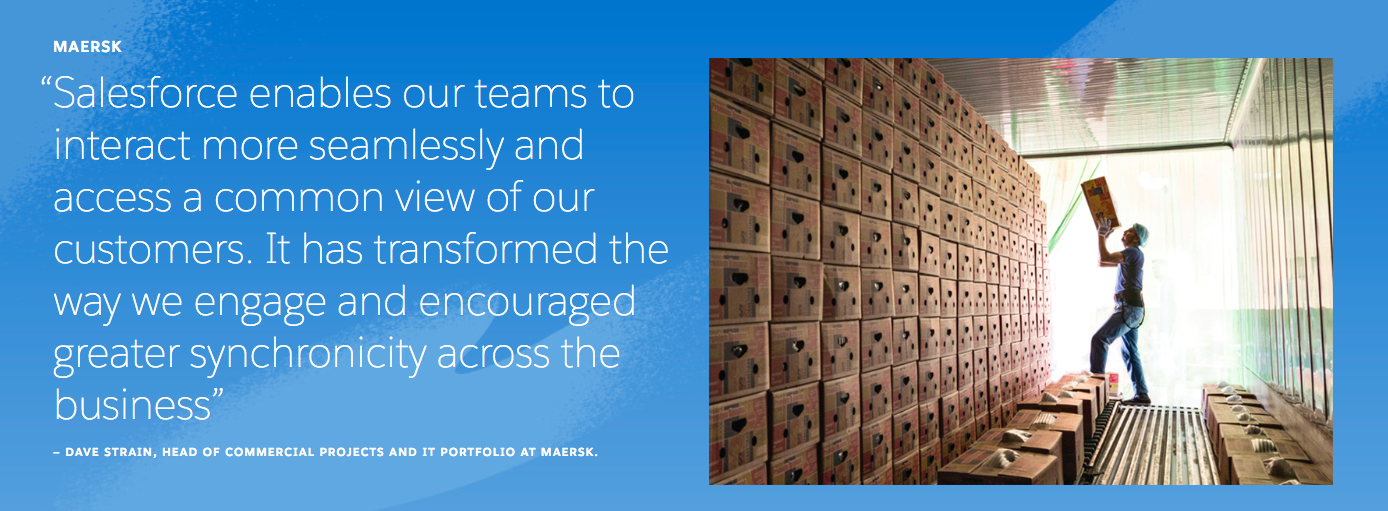The emerging industry of Artificial Intelligence (AI) has long been speculated about. But how will AI really change the business world as we know it? Specifically, how will it affect the B2B marketing landscape?
Before we get understand AI’s implications for B2B marketing, we need to understand the ways in which AI will change marketing’s foundation: data.
AI and Data Collection
One of the most important hoops B2B marketers have to jump through in order to build successful strategies is to gather, analyze, and interpret customer data. Doing so with accuracy and precision is time-intensive, costly, and complex—but it’s also essential.
AI vastly simplifies the data collection and analysis process by funneling information through algorithms to organize it in ways that are accessible and intuitive. And machine learning applications update data in real-time in a way that is relevant. In other words, AI takes static data and makes it dynamic by adding behavioral, contextual, and real-time variables.
Since AI has impacted the ways in which marketers collect and analyze data, AI has also impacted the way in which marketers can use this data to improve their marketing strategies. Today, we’ll take a look at how these changes impact two important areas in the B2B landscape: lead scoring and personalization.
AI and B2B Lead Scoring
As a B2B marketer, you not only understand the importance of creating a successful lead scoring program, but also the complexity of implementing one.
Traditionally, leads are ranked based off an “if this, then that” system (e.g., “IF financial executive, THEN score lead highly” or “IF prospect has opened two emails, THEN score lead highly”).
As technology has progressed, lead scoring has become more precise and predictive. Businesses now use marketing automation platforms that take a broad set of attributes related to their ideal target market and run these attributes through algorithms to predict and rank leads.
AI, however, eliminates much of the guesswork, as well as the trial and error by replacing human assumptions with a more objective, precise understanding of the customer. AI has the potential to help marketers to understand current leads better as well as uncover new ones and align this with their overall marketing strategy.
AI and B2B Personalization
It’s no secret that, now more than ever, personalization is an essential part of the customer experience. But creating this personalized experience isn’t easy since customers increasingly interact with brands across multiple channels and devices.
Today, marketers rely on CRM tools that interpret personal data such as age, gender, location, etc. to create a personalized experience. Adding AI to the equation, however, brings another level of personalization that can only be achieved with the real-time capabilities of machine learning.
For example, AI applications consider more dynamic variables such as buyer behavior, values (e.g., Does this customer often buy from the same brands? Are they vegetarian?), and context (e.g., Has this customer been on our website before? What other websites have they been on lately?).
AI can improve the process of personalization by helping to create a unique and intuitive experience for each customer.
AI’s Impact on B2B Personalization in the Real World

As the world’s largest shipping container company, Maersk offers customers a multitude of services. Personalization is a key factor—not only when it comes to providing the best customer experience, but also for expanding Maersk’s opportunity for sales growth.
In 2017, Maersk implemented Marketing Cloud Einstein, an AI-powered application created by Salesforce.
“With Salesforce, we can help account managers pick the right value propositions for the right customers, which makes our business more relevant and more competitive,” said Shereen Elzarkani, Vice President and Global Head of Sales at Maersk Line.
Within weeks, they saw a massive increase in customer engagement and email open and click-through rates.
“With Marketing Cloud, we can segment and target customers better, which means we can create more personalized journeys,” said Louisa Cort Andersson Loran, Vice President and Global Head of Marketing at Maersk. “We can also test and publish content more easily.”
Check out our article “The Rise of Content Bots: Will Writing Robots Take Our Jobs?”
Key Takeaway
AI has huge potential to expand the boundaries of what it means to understand our customers. With this nuanced insight, B2B marketers will be able to build smarter, more intuitive, and more efficient marketing strategies.


